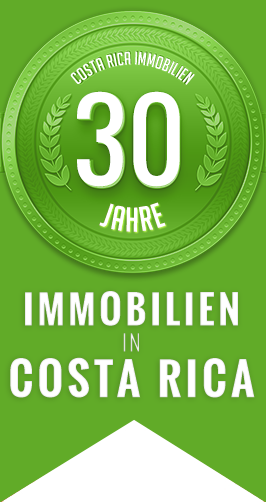Religious ceremonies are very important for Costa Ricans, and Semana Santa, the Holy Week, is one of the most important religious events in the country.
In almost every city and municipality, the Catholic Church organizes traditional services and processions, which take place on Wednesday, Holy Thursday, Good Friday and Easter Sunday. There is no Easter Monday holiday in Costa Rica.
Each procession is a dramatic repetition of the journey of Jesus through Jerusalem to his crucifixion and resurrection. The participants dress up and play the roles of Roman soldiers and others who took part in Jesus’ crossroads: Mary Magdalene, Joseph, Virgin Mary, angels, apostles, and of course Jesus. The procession is a very serious event and many spectators line the streets to mourn and pray.
Traditional seafood is eaten during Holy Week. At family parties rice and prawns, ceviche and fried fish are prepared. Popular desserts are Empanadas con miel de chiverre (corn pasties with fig leaf pumpkin jam), miel de coco (dessert made from coconut) and arroz con leche (milk rice). However, Easter chocolates, hare meat, lamb, and colored eggs are fairly unknown to most Ticos.
Many Costa Ricans flock to beach areas over Easter. As a result many beach towns are overcrowded and many hotels well-booked months in advance. Travelers on coastal roads often spend hours in traffic jams. On the other hand, the capital and other cities in the San Jose region are deserted, as all state institutions, schools and banks* are closed from Thursday to Sunday, in some cases during the whole Easter week.
One of the things that foreigners have always been puzzled on is Costa Rica’s very old „dry law“ (Ley Seca). On Thursday and Friday (April 13 and 14, 2017) no alcohol can be served or sold officially in Costa Rica. However, the law falls within the jurisdiction of the municipalities and only 21 out of a total of 81 municipalities in the country have decided to prohibit the sale of alcohol on both days:
Belén, Cartago (only on Good Friday), San Isidro, León Cortés, Esparza, Corredores, Puriscal, Tarrazú, Vázquez de Coronado, Turrialba, Flores, Dota, Paraíso (only in the streets where the procession) passes), Heredia, Naranjo (only on Good Friday), Goicoechea, El Guarco, La Unión, Cañas, Alvarado, Oreamuno.
Driving and drinking in Easter week. Traffic police will drastically intensify controls during Easter week. In case they take away your car, licence plate or driver’s license, you will have to wait until Monday (April 17, 2017), since the Consejo de Seguridad Vial (Road Safety Authority) is closed during Easter week.
The Citizens Service office in Barrio Mexico (San José) and the regional offices are closed during Easter week (Emergency Phone Number: 8375-5187).
The Costa Rican Tourism Institute (ICT) recommends the following low-cost activities for Easter week:
– Ujarrás mountain ruins (first colonial church in Costa Rica)
– Mirador Orosi (beautiful viewpoint with walks and picnic places)
– Charrarra “Pura Vida” (Natural Adventure Park, Ujarrás, Paraíso, Cartago, Phone: 4000-3388)
– For beach and surf fans: Playas de Doña Ana (6.2 miles from Puntarenas City Center)
More options: www.vamosaturistear.com
If you have an emergency with your pet(s) in Easter week, you may contact the Animal Clinic of the University of Heredia (UNA) in Heredia: Phone: 2260-9234.
*Opening Hours of Banks during Easter Week
Bank Mon 10 Tue 11 Wed 12 Thu 13 – Sun 16
Bac Normal Closed Normal Closed
Banco de Costa Rica Normal Closed Normal Closed
Banco Nacional Normal Closed until 3.45 pm Closed
Banco Popular Normal Closed Normal Closed
Davivienda Normal Closed until 3.00 pm Closed
Lafise Normal Closed until 4.00 pm Closed
Scotiabank Normal Closed Normal Closed
Opening Hours Free Trade Zone Golfito
Saturday, April 8: 8.00 am – 6.00 pm
Sunday, April 9: 7.00 am – 3.30 pm
Monday, April 10, Tuesday, April 11, Wednesday, April 12: 8.00 am – 4.30 pm
Thursday, April 13 and Friday, April 14: Closed
Saturday, April 15: 8.00 am – 4:30 pm
Sunday, April 16: 7.00 am – 3.00 pm



